Performance dates and times: March 22, 23, 24, 25, 26, 30 and April 5, 6, 7, 8, 11, 12 at 21:15.
On March 25 and 26 and April 8, double show and at 18:30.
Based on Johann Wolfgang von Goethe’s novel “The Passions of Young Werther”, translated by Stella Nikoloudi
Play is performed in Greek.
I have a lot in me. So many. But love? Love!
I can’t fit her. I can’t hold love inside me…
On October 29, 1772, Carl Wilhelm Jerusalem committed suicide in the provincial town of Wetzlar, Germany. The young Goethe at the time is surprised and upset by the death of the one whom he smilingly called “the one in love”, when he met him wandering in the moonlight. Goethe’s unexpected connection with Jerusalem in terms of society’s contemptuous attitude towards them, the bad relationship they both had with their superiors as well as the coincidence of falling in unrequited love lead one to suicide and the other to writing the epistolary novel “The Passions of Young Werther”.
Goethe’s (1749 – 1832) youthful epistolary novel, The Passions of Young Werther, from its very first publication, in 1774, was a huge success and strongly influenced the morals of the time. He was considered a symbol of the Sturm und Drang (Storm and Rush) movement, a forerunner of the Romantic movement, and exerted a strong influence on art and philosophy. With this project he chooses to make his first public appearance, the newly formed group 400 lbs. Goethe’s hero, a young man characterized by the innocence but also the frivolity of his age, full of drive and passion, leaves the city to live in a provincial town. There he meets Lotte, who is engaged to another young man. His unrequited love for her will quickly push him away, to another city, to another life completely contrary to his nature. His conflict with the aristocracy of the city leads him to retreat back to the countryside and Lotte. With his return, the epilogue of the drama is written.
However, the performance does not focus on Werther’s suicide, which is one of the most well-known solutions in the history of literature, but on his existential anguish before this act. In his great effort to stay alive, at a time when he is on a prescribed path to death. Vertheros is a story of cruelty, a story of imposing the logic of the wider society on an infinitely sensitive man who is dying. In a confession-like narrative that faithfully follows the epistolary pattern of the novel itself, the group tries to tell this very story. Goethe writes in his memoirs: “I had lived, I had loved, I had suffered much. It would be bad if everyone didn’t go through a time in their life when it seemed to them that Vertheros was written exclusively for them.”
In today’s climate, the group 400 lbs, created by young actors – recent graduates of drama schools, is introduced to the public for the first time, with a performance that aims to have a moment of real emotional connection, an honest encounter with the viewer. The director Dimitris Charalambopoulos says about the choice of the project:
“I had already distinguished the play from my student years at the drama school. I graduated a few months before the outbreak of the pandemic. A personal experience, as well as the imprint of confinement in society and the arts, made me return to the text. Rereading Vertheros I felt I had to share this story, this emotion. What we attempt as a group comes from our deep belief that it is worth bending over the beauty and ferocity of human feeling, while everything around us says the opposite. Previous generations taught us everything but not how to feel (or at least that’s what happened to me). And on this thought I wonder: Is this struggle, with yourself, with the people around you, not a part of life? Like a baby! First you grope the world. Then you stand on your feet. Then you fall. And you get up. And again the same. And after you learn to stand, everything else comes. How else;”.
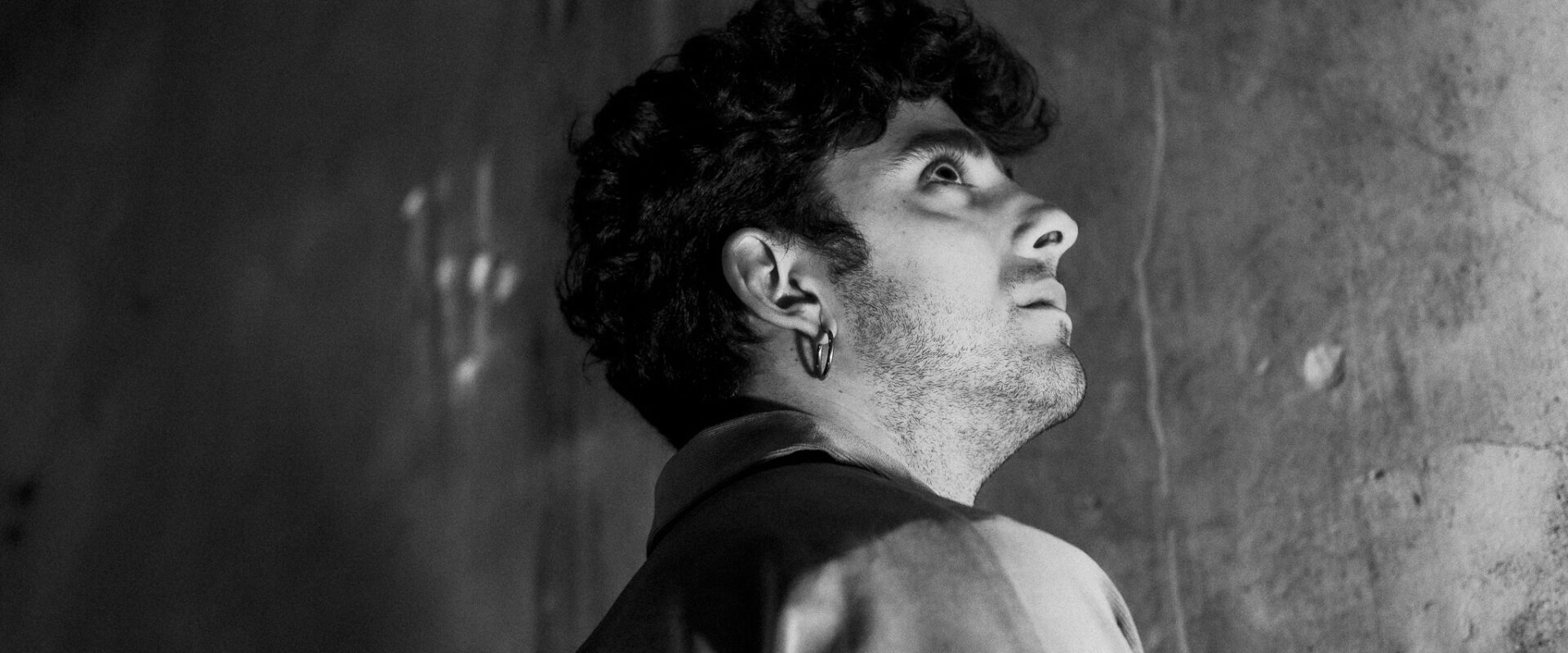
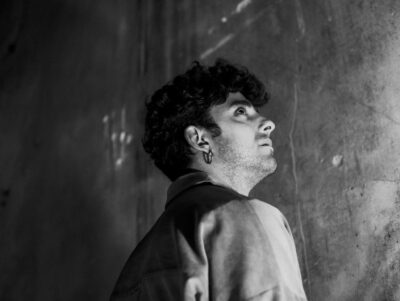
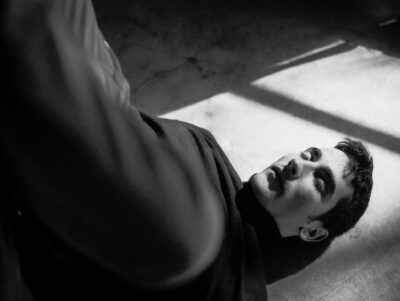
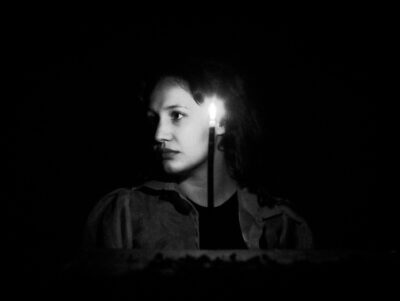
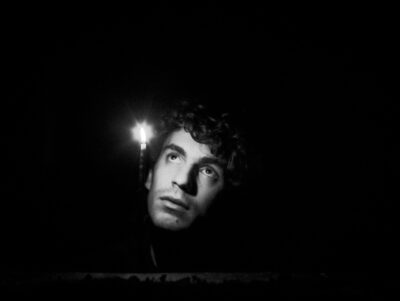
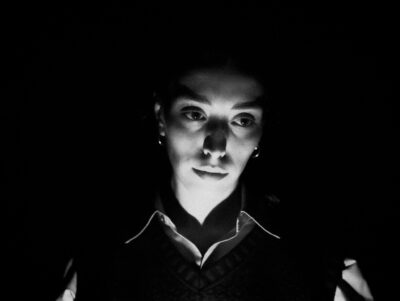
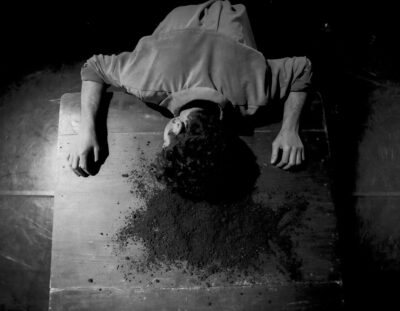
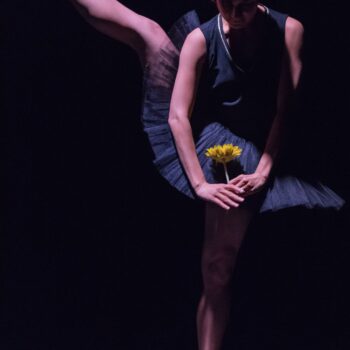 03
03 05—08
05—08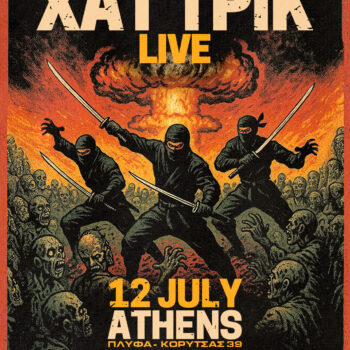 12
12